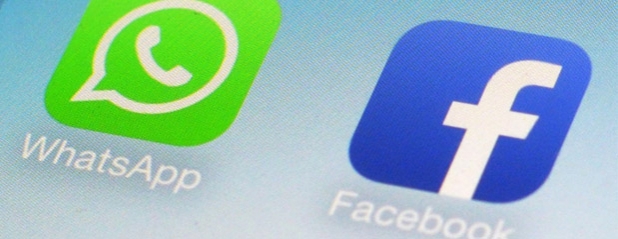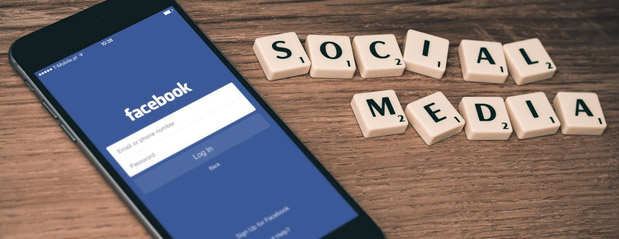The rejection that cost Facebook $19bn…

Everyone’s been talking about the recent $19bn sale of the free messaging app- Whatsapp. But the story behind this huge sale is far more interesting and inspiring than the 13 figure sum.
Way back in 2009, Facebook could have saved themselves a lot of money when Brian Acton, Whatsapp co-founder, applied for a job at their HQ where he was then rejected the role. Shortly after he took to Twitter to share his views: ‘Facebook turned me down. It was a great opportunity to connect with some fantastic people. Looking forward to life’s next adventure’. Little did he know what that the adventure would be. Shortly before his Facebook rejection, Acton was also denied by Twitter where he also shared his views on the social media site: ‘Got denied by Twitter HQ. That’s ok. Would have been a long commute’.
Shortly after his Facebook rejection, Brian Acton and his Yahoo colleague Jan Koum decided to leave their jobs at Yahoo and form their own company to create what was soon to be one of the most popular apps in the world called Whatsapp. Through the years after Whatsapp was created, the ex-Yahoo duo had resisted many offers from Google and Facebook as they wanted to maintain total control of the app and shape it into their own.
Five years later, Facebook made them a whopping offer of $19bn for Whatsapp, an offer that Acton and Koum just couldn’t turn down, and of course they accepted. So it looks like Acton’s rejection and will power to carry on worked out for the best.
The question is, why would Facebook want to buy an app for such a huge amount of money? Facebook’s CEO Mark Zuckerberg’s aim of this purchase is part of his project to bring the internet to everyone on the planet. Whatsapp currently has 450 million users and they aim to have 1 billion users by next year with the amendments they hope to make. However, these changes may include charges of $2 per year when the app is currently free for some or a one off payment of $1 (69p) per year.
This story shows that even some of the most successful entrepreneurs may face rejection before they see success.




